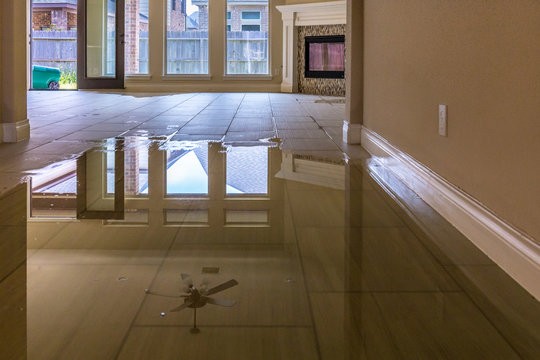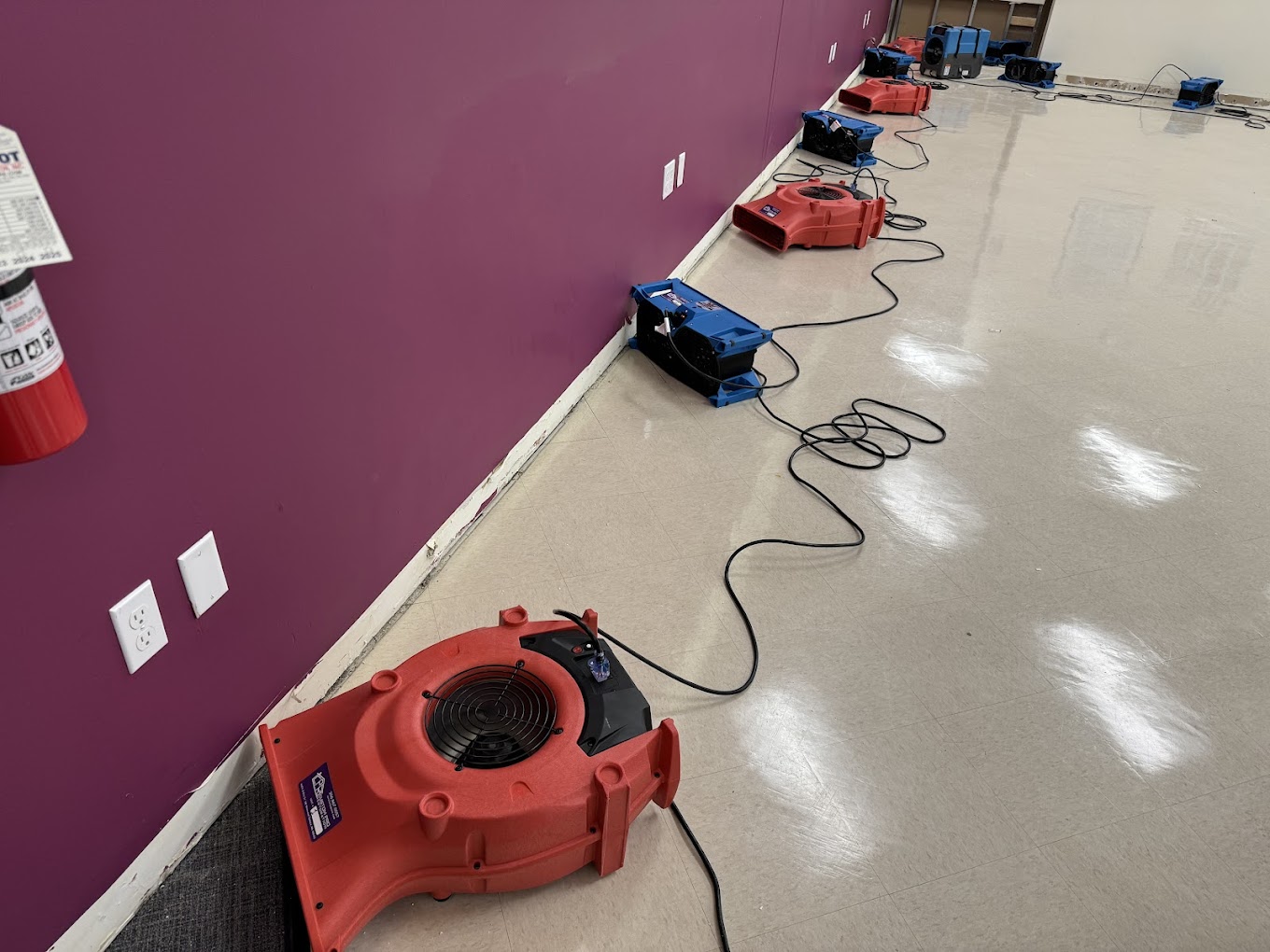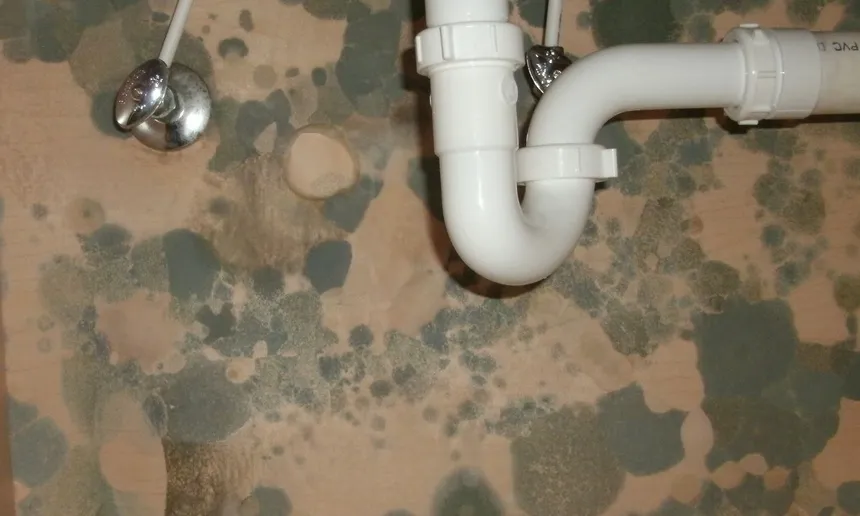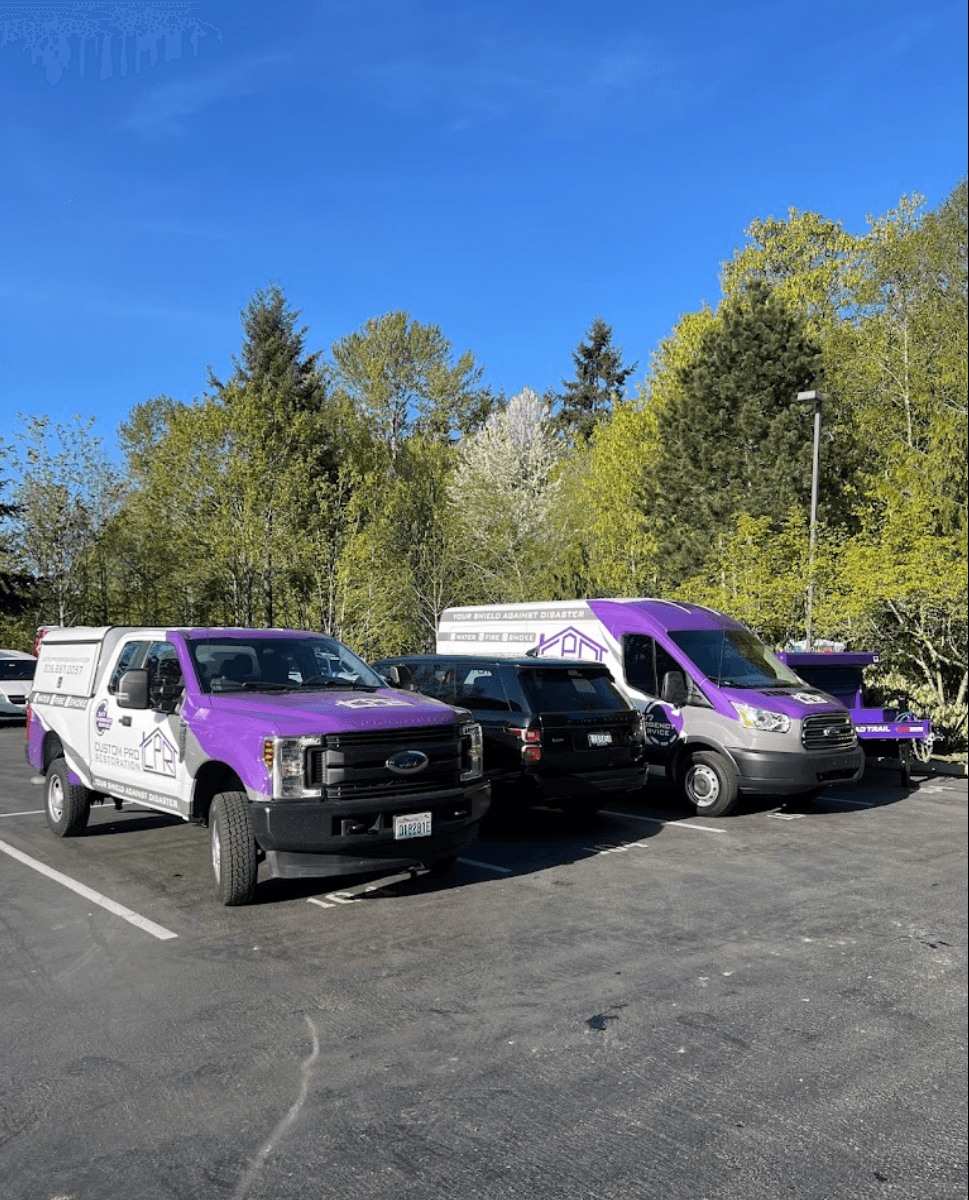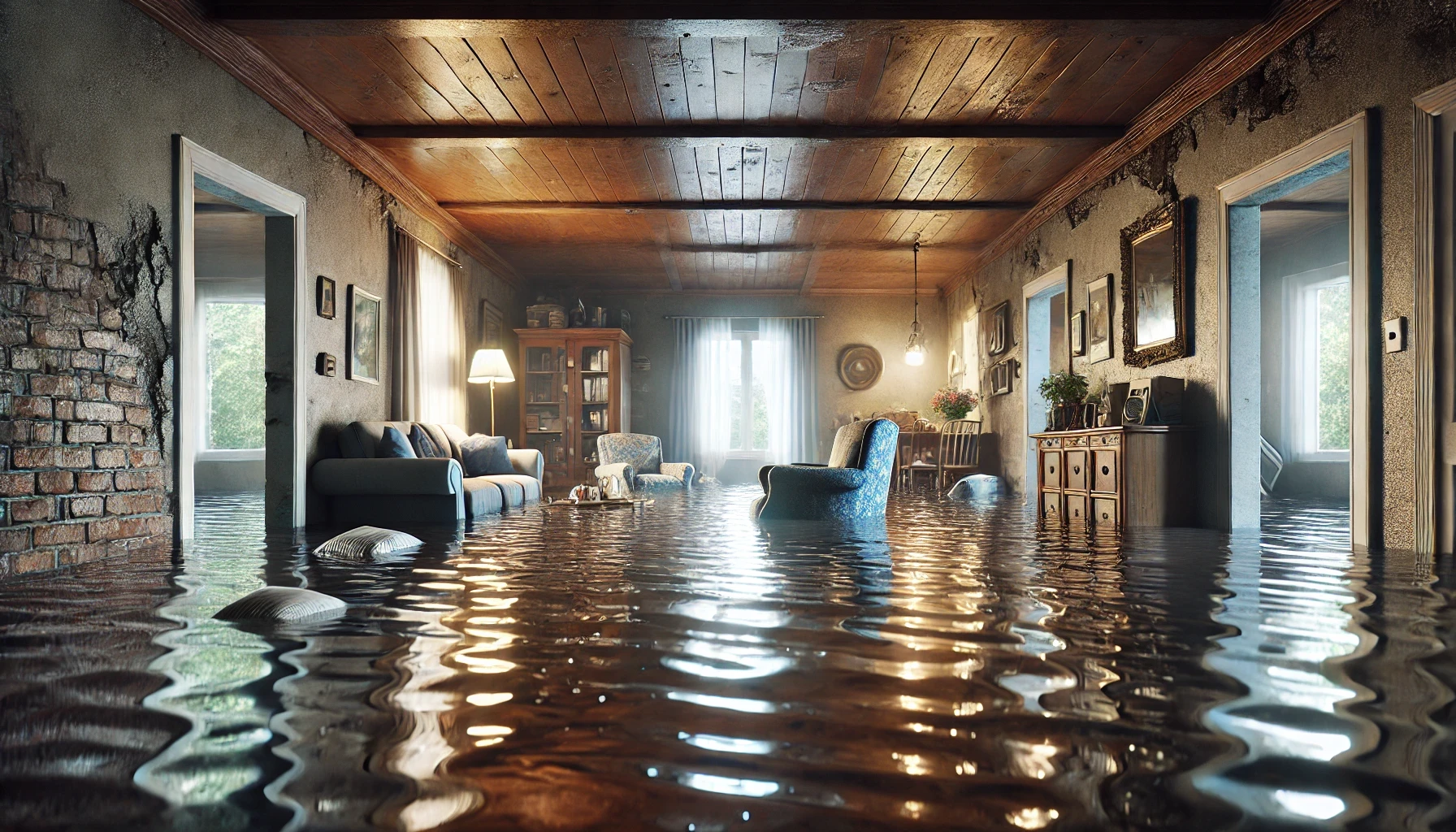
Nov 11, 2024
Does Homeowners Insurance Cover Water Damage?

Introduction to Water Damage in Home Insurance
Water damage can stem from various sources, including burst pipes, overflowing appliances, and natural disasters. However, not all types of water damage are treated the same by insurance companies. Knowing the limits and exclusions of your homeowners policy is essential to ensure you’re adequately protected in the event of water-related issues.

Table of Contents
Introduction to Water Damage in Home Insurance
Types of Water Damage Covered by Homeowners
Insurance Water Damage Not Covered by Standard Policies
Additional Insurance for Water-Related Incidents
How to File a Claim for Water Damage
Tips for Preventing Water Damage in Your Home
FAQs About Homeowners Insurance and Water Damage
Introduction to Water Damage in Home Insurance
Types of Water Damage Covered by Homeowners Insurance
In general, homeowners insurance covers sudden and accidental water damage. This usually includes situations such as:
Burst Pipes and Plumbing Failures: If a pipe bursts unexpectedly and floods your kitchen or bathroom, most homeowners insurance policies will cover the resulting damage.
Appliance Overflows: Damage from sudden and accidental overflows from washing machines, dishwashers, or HVAC systems is typically included.
Accidental Leaks from Fixtures: Unexpected leaks from fixtures like water heaters or toilets are often covered, provided the damage occurs suddenly. Each policy may define these situations differently, so it’s important to review your individual policy carefully.
Water Damage Not Covered by Standard Policies
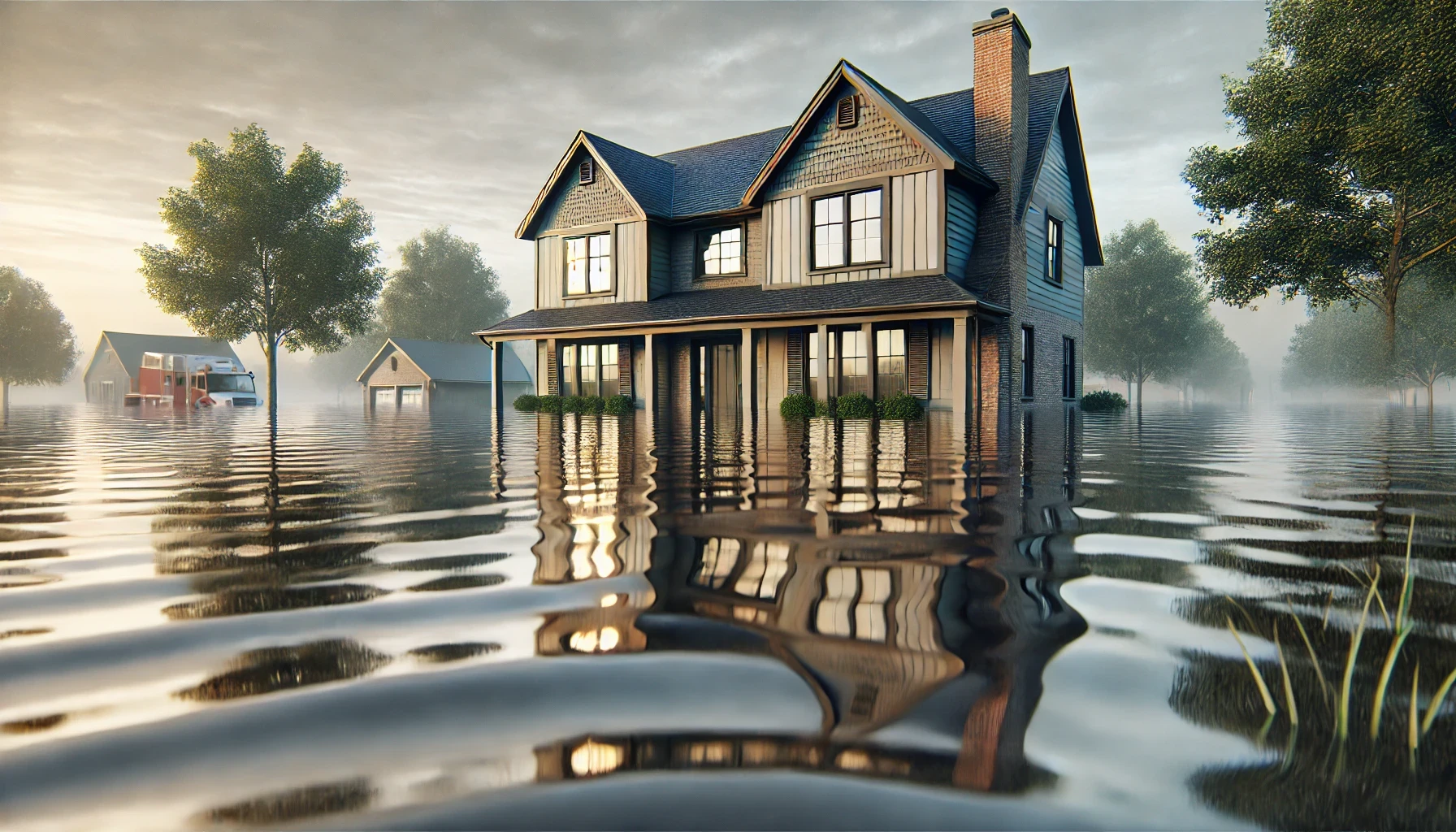
Homeowners insurance doesn’t cover every type of water damage. Generally, the following types are excluded:
Flood Damage: Floods resulting from natural disasters or heavy rainfall are typically not covered and require separate flood insurance. Sewer and Drain Backup: Damage from sewer line backups or sump pump failures is usually not included in standard policies.
Gradual Leaks and Poor Maintenance: If water damage stems from ongoing leaks, lack of maintenance, or deferred upkeep, insurers may reject your claim.
Tip: To safeguard against these issues, consider getting additional coverage if you live in a flood-prone area or if your home has aging plumbing.
Additional Insurance for Water-Related Incidents
If you need more protection than what standard homeowners insurance provides, think about these types of coverage:
Flood Insurance: Required in flood zones, this insurance can be purchased separately through the National Flood Insurance Program (NFIP) or private insurers.
Sewer Backup Coverage: Often available as an endorsement, this covers water damage caused by sewer backups or sump pump failures.
Water Seepage Coverage: Some insurers offer additional policies for seepage, particularly in areas with high water tables or basements prone to moisture.
How to File a Claim for Water Damage

If your home experiences covered water damage, file a claim quickly to ensure a smooth claims process. Here’s how:
Document the Damage: Take photos or videos of the affected areas.
Contact Your Insurance Provider: Report the incident and provide details about what caused it.
Mitigate Further Damage: Take temporary measures to prevent additional damage, like placing buckets to catch dripping water.
Work with an Adjuster: An insurance adjuster will evaluate the damage and provide an estimate for repair costs.
Pro-Tip: Keep all receipts for emergency repairs, as your insurance company may reimburse you for these expenses.
Tips for Preventing Water Damage in Your Home
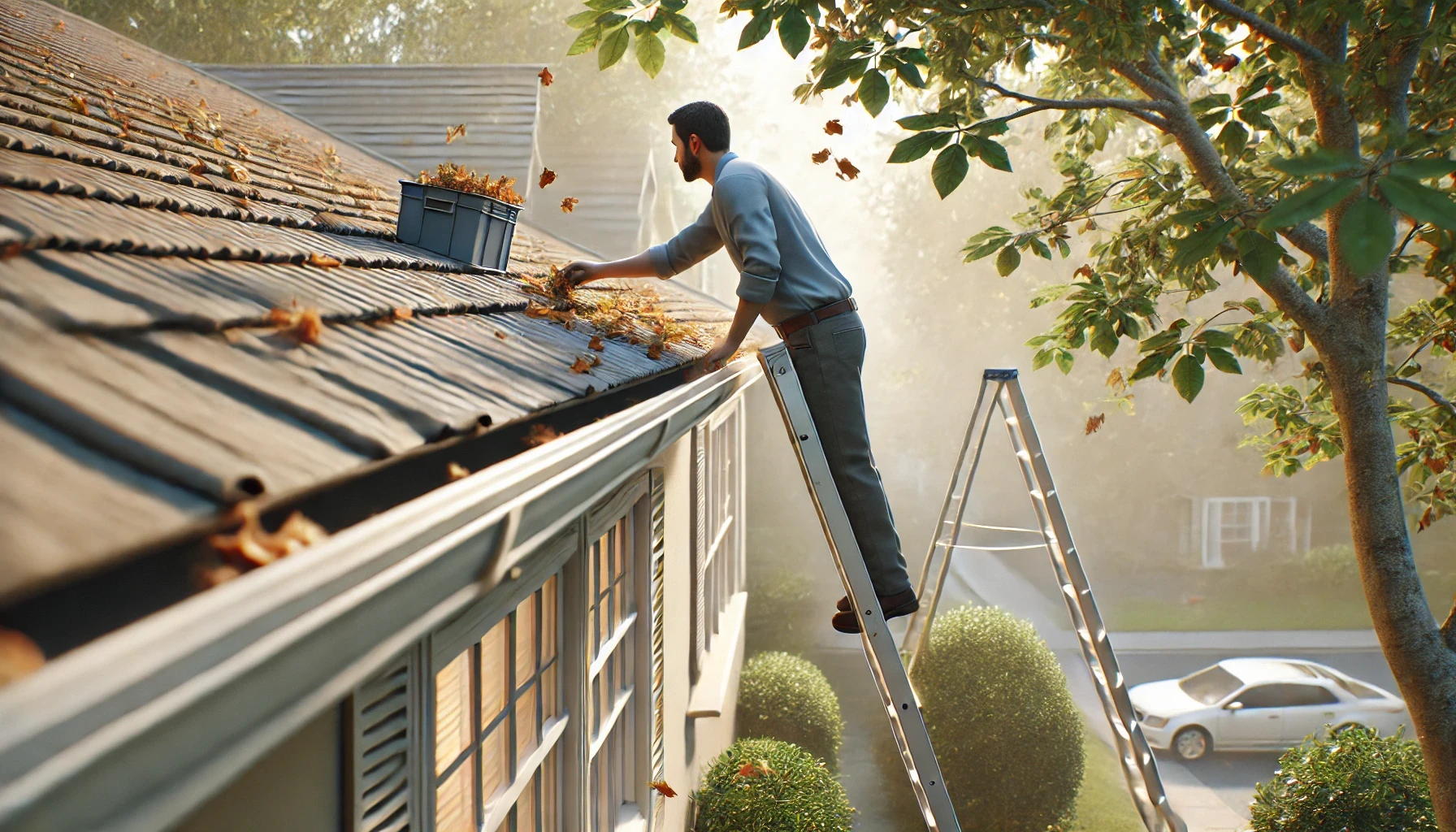
Taking preventive measures can help you avoid expensive water damage: Regularly Inspect
Plumbing and Appliances: Look for signs of wear and leaks in your pipes and appliances.
Seal Gaps and Cracks: Close any cracks or gaps around windows, doors, and your foundation to keep water out.
Install a Sump Pump: A sump pump in the basement can help manage excess water during heavy rains.
Monitor Roof and Gutters: Clean gutters and inspect the roof for missing or damaged shingles.
FAQs About Homeowners Insurance and Water Damage
1. Does homeowners insurance cover mold resulting from water damage?
Most policies may cover mold if it arises from sudden, covered water damage. However, they typically do not cover mold caused by ongoing leaks or poor maintenance.
2. Is water damage from a leaking roof covered?
If the leak is due to a sudden event (like a storm), it may be covered. However, if it results from wear and tear or neglect, it usually isn’t.
3. Can I add flood insurance to my homeowners policy?
Flood insurance is generally separate and can be purchased through the NFIP or private insurers.
4. Does insurance cover water damage from a broken water heater?
Yes, if the break is sudden and accidental. However, issues related to maintenance might not be covered.

